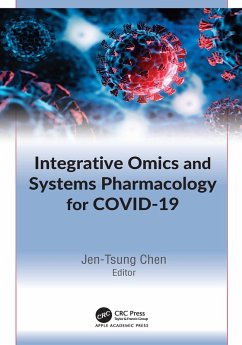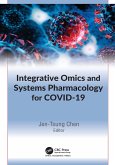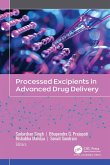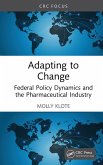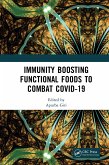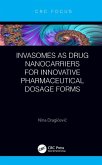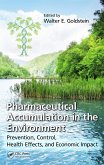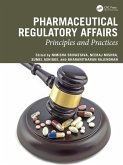This book introduces cutting-edge ways for drug discovery and pharmacological approaches to develop treatments and medications for COVID-19 based on modern technologies that highlight the applications of integrated multiple omics and advanced bioinformatics tools. It also lists a range of promising bioactive compounds derived from traditional herbal medicines and natural products. The book explains the expanding strategy to integrate a series of approaches including genomics, metagenomics, transcriptomics, proteomics, metabolomics, epigenomics, and bioinformatics to organize a system of multiple omics. International and reliable multi-omics databases, bioinformatics tools, and software are also comprehensively summarized and thus can be easily accessed by researchers. Artificial intelligence (AI) as a revolutionary tool in the fields of drug discovery, vaccine development, and computational medicine for COVID-19 is also addressed. The coordination and integration of AI tools within the system of multiple omics and the limitations and future directions of AI-assisted strategies for COVID-19-related research are comprehensively discussed as well.
Dieser Download kann aus rechtlichen Gründen nur mit Rechnungsadresse in A, B, BG, CY, CZ, D, DK, EW, E, FIN, F, GR, HR, H, IRL, I, LT, L, LR, M, NL, PL, P, R, S, SLO, SK ausgeliefert werden.

